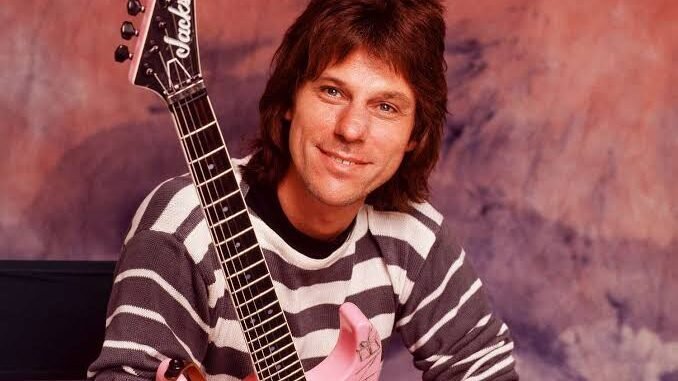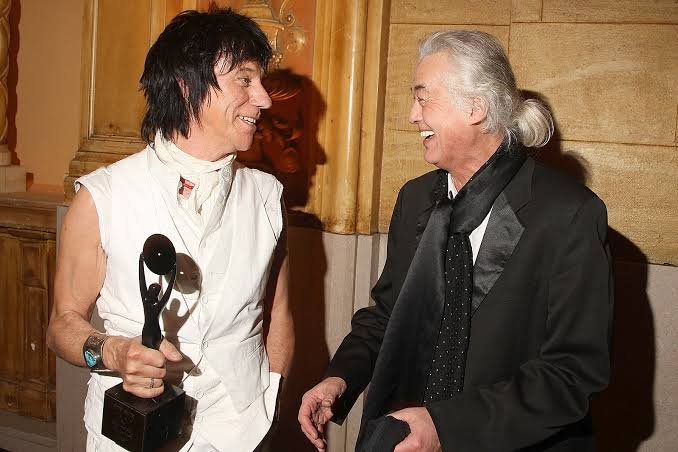
In the rich tapestry of rock ‘n’ roll history, few events loom as large as Woodstock 1969. The festival is remembered as a cultural milestone, a celebration of peace, music, and counterculture. Yet, just as fascinating as the names who took the stage are those who didn’t—and Jeff Beck is one of the most notable absences. Now, decades later, a surprising revelation casts new light on why Beck never made it to Woodstock.
Jimmy Page, the legendary guitarist of Led Zeppelin, and Peter Grant, the band’s formidable manager, have allegedly admitted to playing a role in Beck’s decision to pull out of the iconic festival. “We were involved in spreading the rumor about Beck’s wife and his gardener to prevent Beck from performing at Woodstock,” Page is quoted as saying. “I think we were just jealous of his achievements.”
At the time, Beck was a rising star, known for his revolutionary guitar work and fresh musical approach. He had just formed the Jeff Beck Group, which included a then-unknown Rod Stewart on vocals and future Rolling Stone Ronnie Wood on bass. Their presence at Woodstock could have further catapulted Beck’s status in America.
The rumor in question suggested an affair between Beck’s wife and their gardener, a personal scandal serious enough to derail Beck’s plans to attend Woodstock. Understandably shaken, Beck withdrew, citing personal reasons. That rumor, now revealed to be completely false, may have originated from within the competitive inner circles of British rock.
While neither Page nor Grant ever officially confirmed their role in the affair during their lifetimes, this confession—if genuine—hints at the high-stakes rivalry of the era. Page and Beck shared a long history, both having been guitarists for The Yardbirds before branching out into their own careers. While Zeppelin soared to superstardom following Woodstock, Beck’s trajectory was less meteoric, marked by frequent lineup changes and missed opportunities.
The idea that Page and Grant may have sabotaged Beck’s Woodstock debut out of envy adds a dramatic, if troubling, twist to rock lore. It serves as a reminder that behind the music’s brilliance were egos, rivalries, and human flaws. Beck himself never publicly addressed the rumor in great detail, but those close to him have described his regret about not performing at Woodstock as “deep and lasting.”
Had Jeff Beck played that weekend in August 1969, the course of rock history might have changed. Instead, he became one of Woodstock’s greatest “what-ifs”—thanks, perhaps, to the jealousy of his peers.
Leave a Reply